 Last December, the prestigious journal Science published a study that was really good news for marriage equality supporters. The study found that when canvassers spent 20 minutes talking to people, those people were more likely to be supporters of marriage equality. Moreover, that change of opinion was likely to be long-lasting.
Last December, the prestigious journal Science published a study that was really good news for marriage equality supporters. The study found that when canvassers spent 20 minutes talking to people, those people were more likely to be supporters of marriage equality. Moreover, that change of opinion was likely to be long-lasting.
“A lot of time we find in social science that most things don’t work, they don’t change people’s minds,” said Michael LaCour, the lead author of the study. “But we found that a single conversation was able to change voters’ minds up to a year later.”
The study was heralded as a major finding. As it turns out, it was also a major fraud.
When other researchers tried to replicate the findings, they failed. They also discovered that the data hadn’t been collected as described, the project wasn’t funded as described and in fact there probably wasn’t any survey of attitude change at all.
How about we take this to the next level?
Our newsletter is like a refreshing cocktail (or mocktail) of LGBTQ+ entertainment and pop culture, served up with a side of eye-candy.
That led LaCour’s co-author, Donald Green, a professor of political science at Columbia University, to ask to have the paper retracted. “I am deeply embarrassed by this turn of events and apologize to the editors, reviewers, and readers of Science,” Green said.
LaCour, who is a doctoral student in political science at UCLA, hasn’t responded to the charge that he made it all up. He has tweeted that he’s “gathering evidence” and looking forward to “addressing the concerns raised.” In the meantime, he may want to consider looking for another career.
Photo credit: LaCour’s Twitter account
Don't forget to share:













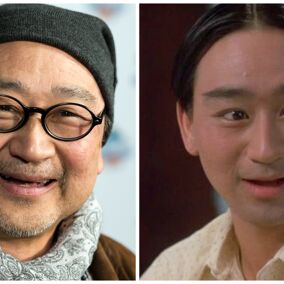









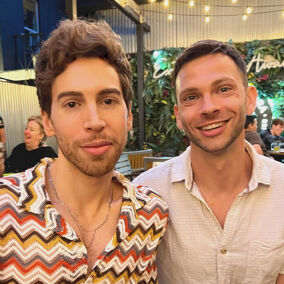
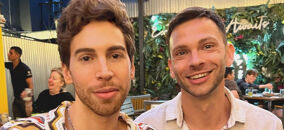


















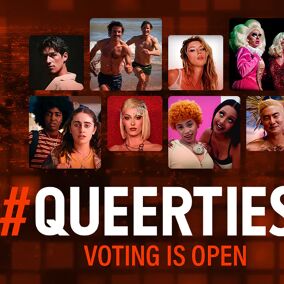

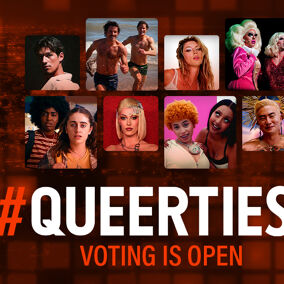













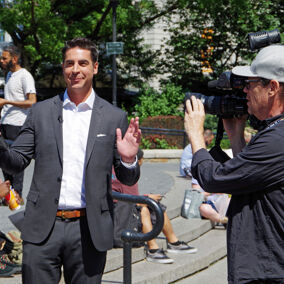







Xzamilio
And that is the beauty of the scientific method… continue to falsify even when something is presented as fact that is supposedly supported with evidence. Doesn’t make me feel good to know this is nonsense, but at least no one is believing lies. Not to mention, given my own experiences with trying to talk to people about it, this is not surprising, given that many people have religious reasons supporting their anti-LGBT stances and once you’ve abandoned facts for faith, it’s hard to look at anything from an objective standpoint.
Glücklich
I would hope UCLA reconsiders Mr. LaCour’s place in its doctorate program.
jwtraveler
It seems like a stupid thing to lie about. How was he hoping to benefit anyone? Or was he just trying to secure grant money?
Personally I’ve had numerous satisfying, productive conversations with people who’d expressed anti-gay or anti-Jewish prejudices. I have no doubt that open, honest, respectful discussion changes people’s attitudes and reduces prejudice. Of course, these were situations where I’d already established some kind of relationship with the person and where he was open to hearing what I had to say. And I didn’t contact them a year later to confirm the change in attitude so I don’t have scientific proof.
Cam
@jwtraveler:
This seemed more like a benefit to the right wing, they could say “Don’t pass laws, just talk to us” then sit back and laugh when nothing changed.
Chris
While I agree that this guy’s falsifying of data is reprehensible and he needs to experience the consequences of his actions, the lesson that I take away is that, when things are as charged as debates involving homosexually, people often let wishful thinking trump evidence — sort of like all those studies that found gays to be socially unstable, have aberrant lifestyles, and unable to be good parents.
There is an important role for carefully done research. And as someone else noted, careful reviews of data and efforts to replicate findings help to set aright errors and outright falsifications of which there seem to be so many.